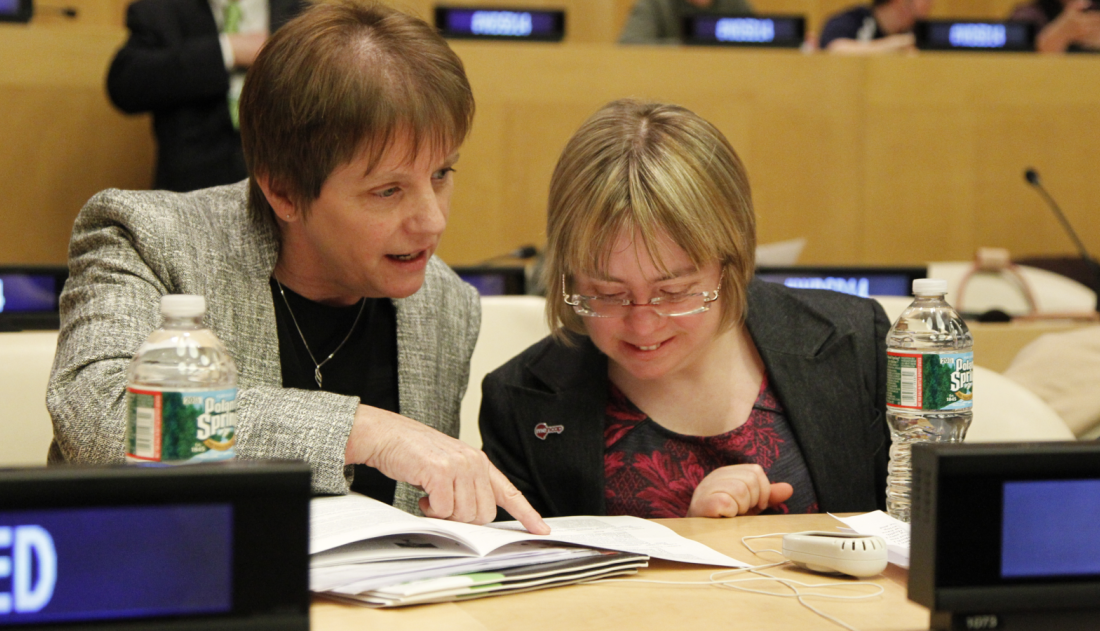
Down syndrome is a naturally occurring chromosomal arrangement that has always been a part of the human condition, exists in all regions across the globe and commonly results in variable effects on learning styles, physical characteristics or health.
Adequate access to health care, to early intervention programmes and to inclusive education, as well as appropriate research, are vital to the growth and development of the individual.
In December 2011, the General Assembly declared 21 March as World Down Syndrome Day (A/RES/66/149). The General Assembly decided, with effect from 2012, to observe World Down Syndrome Day on 21 March each year, and Invites all Member States, relevant organizations of the United Nations system and other international organizations, as well as civil society, including non-governmental organizations and the private sector, to observe World Down Syndrome Day in an appropriate manner, in order to raise public awareness of Down syndrome.
For WDSD 2019, Down Syndrome International focuses on:
Leave no one behind: All people with Down syndrome must have opportunities to live fulfilling lives, included on a full and equal basis with others, in all aspects of society.The 2030 UN Agenda for Sustainable Development, a global plan of action for people, planet and prosperity, pledges that “no one will be left behind”.
Events and Information
- Overview
- “Leave no one behind in education” event at UN Headquarters in New York
- “Leave no one behind” event at UN in Geneva
Source: UN DPI
 Welcome to the United Nations
Welcome to the United Nations


